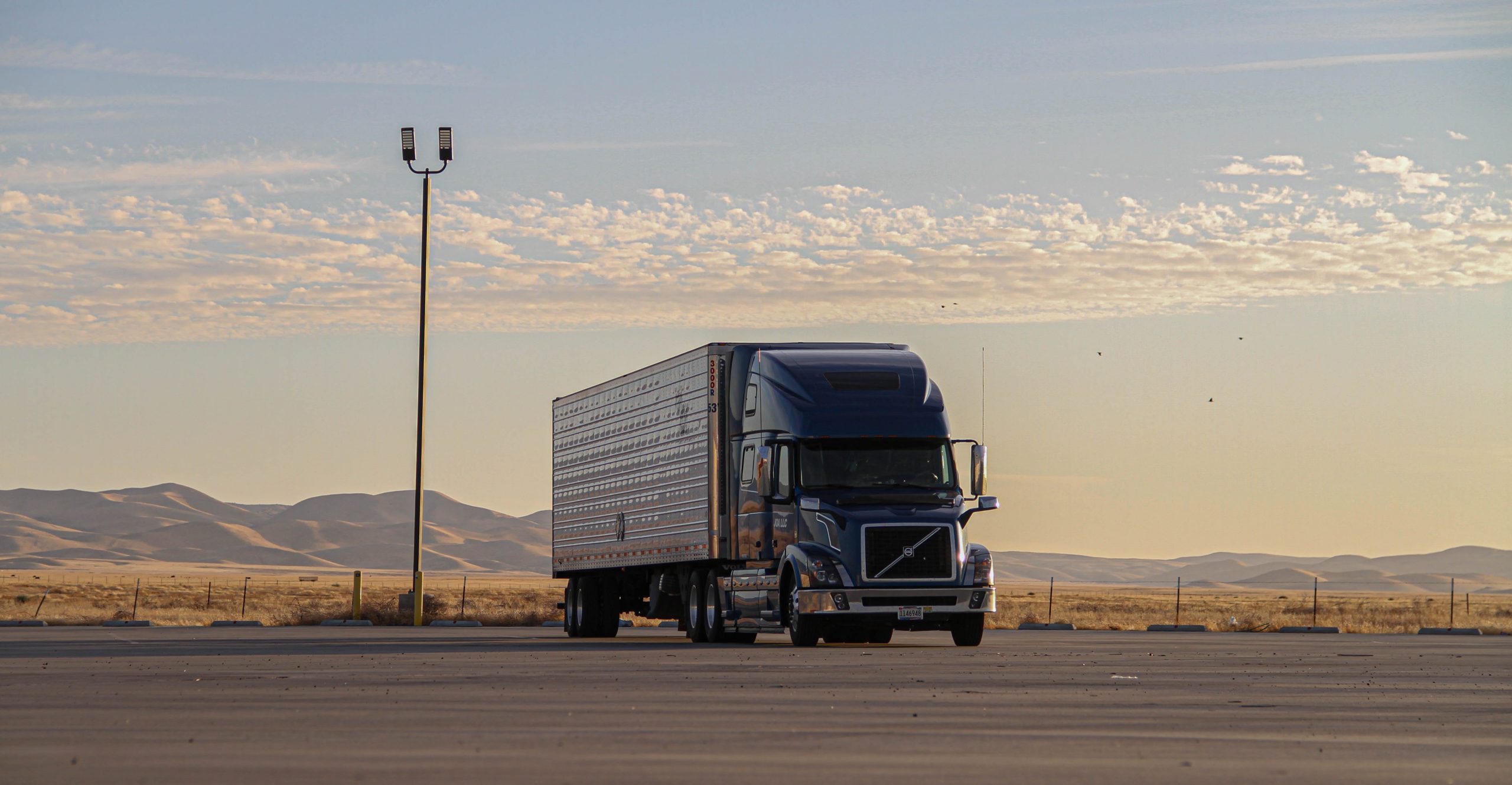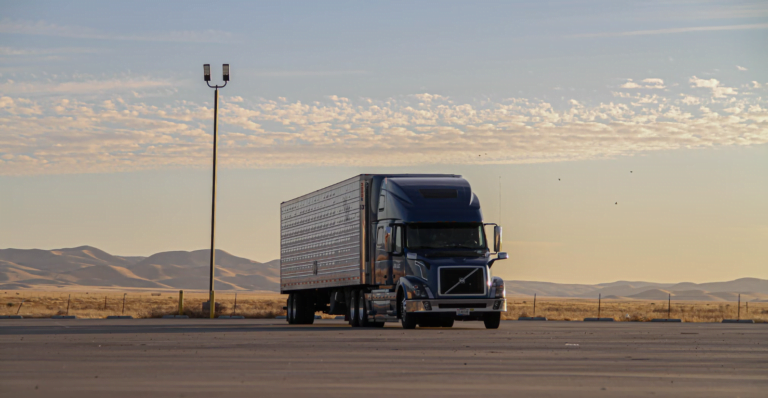Now we’re all getting back to socialising and eating out, you may have noticed that the waitstaff in many venues look younger than ever.
Thanks to COVID and the extended border closures, huge numbers of hospitality workers either left the country or dropped out of the industry for good, leaving businesses struggling to find staff. As a result, many are hiring high schoolers to fill casual shifts. This is why you see so many 17-year-olds clearing glasses and 16-year-olds serving coffees (and good on them for stepping up).
The food and beverage industry has perhaps been the hardest hit by COVID. In March, the Sydney Morning Herald reported that demand for staff in the hospitality sector has hit record highs. As a result, “High-profile bars and restaurants had embarked on multimillion-dollar overseas hiring campaigns to secure staff such as chefs, sommeliers and front-of-house managers.”
Following close behind the hospitality industry when it comes to staff shortages are the healthcare, construction, transport and freight industries.
In terms of transport and freight, the problem of too few drivers crisscrossing the country began at the start of the pandemic, when lockdowns saw more people shopping from home and creating an exponential increase in demand. Dwindling numbers of international workers made it worse and put even more pressure on the industry.
To add to the challenge, vaccination hesitancy, virus outbreak numbers and forced isolation put willing workers on the sidelines. At one stage during the period after Christmas, some companies had as many as half of their drivers off the job because of COVID.
Turning the tide
There’s no denying the industry has been in crisis. While the pandemic made it worse, The Australian reported that more than 80 per cent of employers had skills shortages for heavy vehicle drivers and general drivers in 2019, before any lockdowns or moves to greater home delivery orders.
Until we see autonomous vehicles taking over, the best hope for a return to what we recognise as standard delivery times is a fresh influx of international workers who have been enticed to Australia with the promise of guaranteed work.
The good news is that from 30 April 2022, unvaccinated international arrivals are no longer required to undertake hotel quarantine. These passengers will follow the same guidelines as fully vaccinated international arrivals and take a rapid antigen test within 24 hours of arrival.
The challenge for anyone who relies on freight and transport companies to do business is the standard supply/demand cycle. With fewer workers available, it’s inevitable that costs go up. Drivers have the advantage when it comes to pushing for higher pay, and they have been putting pressure on their employers to make working worth their while.
An increase in freight costs has been the fallout of the pandemic. When combined with other rising prices, it can all start to feel very stressful. This is why it is important to work with a skilled freight agent who can take the task of shopping around for the best deal and the most cost-effective arrangements off your hands.
Whether you’re delivering locally or sending goods interstate, if you want to keep profit margins high, you’ll need to find a way to reduce your freight costs. By working with the experts, you’ll be able to stay on top of expenses while the transport industry rebuilds worker numbers.
Need help finding cost-effective freight solutions in Australia? Talk to EFS today.






